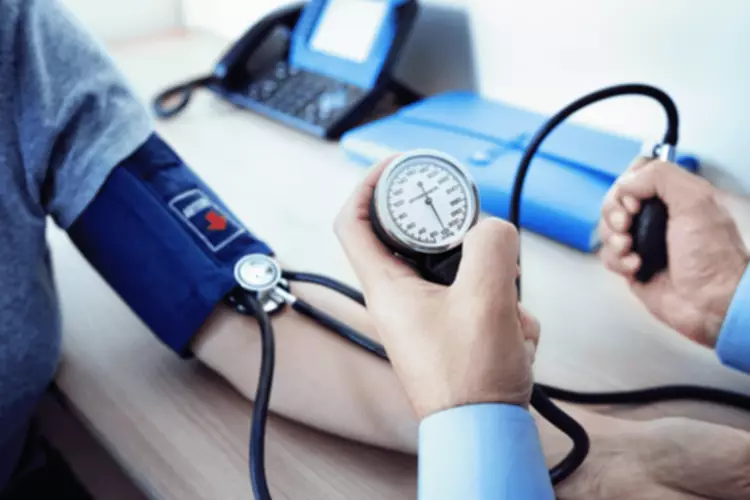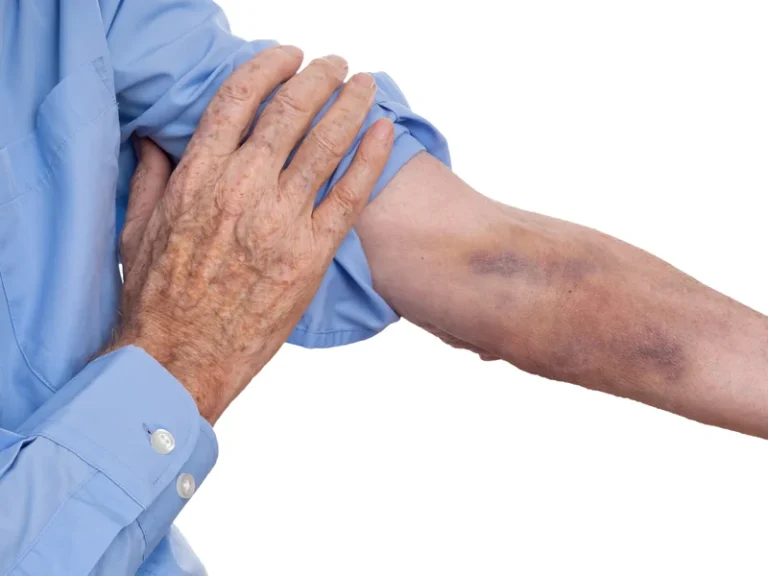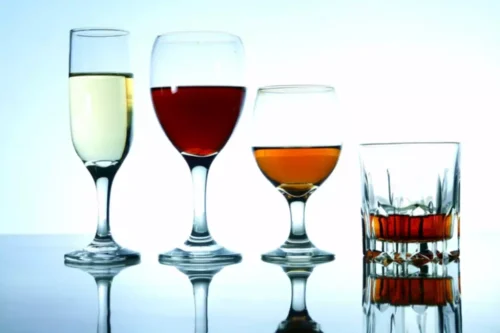For example, your child could attend school or daycare during the day and stay with friends or family at night. If you’re unsure where to start, you can check out Psych Central’s hub on finding mental health how alcoholic parents affect their children support. There are steps you can take as an adult to address the lasting impact your parent’s alcohol use left on you. One of the most common issues reported was a lack of trust in adults (more than 1 in 5).

The Genetic and Environmental Risk Factors

Perhaps to avoid criticism or the anger of their parent with AUD, many children tend to become super-responsible or perfectionistic overachievers or workaholics. On the other hand, people often go in the opposite direction, mirroring the same bad behaviors they witnessed during childhood. If a child’s parent was mean or abusive when they were drunk, adult children can grow up with a fear of all angry people. They may spend their lives avoiding conflict or confrontation of any kind, worrying that it could turn violent. One of the most common struggles of being raised by an alcoholic is trust issues. The unpredictability of living with an alcoholic can create a sense of instability and insecurity, making it hard for daughters to trust others.
Is Alcoholism Genetic?
- Their family members — especially children — are usually impacted by alcohol use, too.
- They might also face challenges in setting and achieving career goals due to low self-esteem or lack of support.
- When looking at the separate categories of disorders, we found similar patterns.
- This early alcohol exposure can significantly impact their emotional, cognitive, and social development, often carrying into adulthood.
- However, growing up with an alcoholic parent is one of the most difficult challenges to overcome.
Research has demonstrated just how difficult it can be for adult children of alcoholic parents to form meaningful relationships. A study in the Journal of Mental Health Counseling found that adult children of alcoholics had lower relationship satisfaction and a high need for control within their relationships. Growing up with a parent living with alcohol use disorder can have negative effects on children, including mental health issues, such as depression and anxiety, and behavioral problems, such as aggression. Alcoholism, or Alcohol Use Disorder (AUD), is a chronic disease characterized by an individual’s inability to control their alcohol consumption, regardless of the negative consequences it has on their personal life and health. People who suffer from AUD often experience changes in brain function, mood, and behavior, and may become socially isolated. For alcoholic parents, it can affect the way they communicate and develop relationships with their children as well.
How Growing Up In An Alcoholic Home Can Affect Children

Some children react to all the chaos and confusion by becoming hyper-responsible. These “parentified” children often end up taking care of the alcoholic parent, the household, neglected siblings and themselves. Unfortunately, these children often end up having trouble setting healthy boundaries in relationships and can end up struggling with issues of codependence for years to come. This is often a learned behavior in alcoholic households, where the entire family strives to keep the parent’s addiction secret.
Support for Children of Alcoholics
In these households, children may have to take on a caretaker role for their parents or siblings. Although assuming this type of family role at a young age can be a lot of pressure, some positive character traits can develop. These effects include resilience, empathy, responsibility, and determination.
What is the Adult Children of Alcoholics movement?
If it’s not possible to talk to them, try talking to a friend or to a counselor. Most schools offer counseling, and there are also plenty of support groups available. Al-Anon is an organization that helps the family and friends of alcoholics “find understanding and support” through meetings. A branch of Al-Anon known as Alateen is designed specifically for children of alcoholics.

So you might want to peruse information on how to talk to an alcoholic before you broach the topic. Most importantly, the person with the AUD should consider treatment, as rehab can aid not only the individual but also the family as a whole. However, the way you speak and interact with children also https://ecosoberhouse.com/ may lessen the impact of a parent with a SUD. A treatment center will attempt to verify your health insurance benefits and/or necessary authorizations on your behalf. We cannot guarantee payment or verification eligibility as conveyed by your health insurance provider will be accurate and complete.
The challenges faced in this arena have provided her with a strong base of practice in assessment, treatment, and case management. As someone affected by an alcoholic parent, it’s important to understand that these factors can contribute to the challenges your parent faces regarding their alcohol use. Balancing empathy and concern, know that you might also be at risk for AUD due to the combination of genetic and environmental risk factors. Therefore, being proactive in addressing any potential alcohol-related issues in your life is crucial. Children of alcoholic parents often harbor anger, whether at the alcoholic in their life or other adults for failing to notice or act.
- Explore our treatment centers online or contact one of our admissions navigators.
- Even long after leaving your parent’s home, you could still be dealing with the aftermath of their alcohol addiction.
- Some studies have shown that children of parents with AUD are more likely to misuse alcohol themselves in adolescence or adulthood.
- Children who are raised by a parent with an alcohol addiction are more likely than other children to experience emotional neglect, physical neglect and emotional and behavioral problems.
Health promotion for families with parental alcohol addiction: a systematic review
Also, services for adults should take responsibility for patients’ children in order to prevent the children from developing problems and to build cross-sectoral community-based services for families with multiple needs. Using the register data, it is impossible to measure the severity of alcohol problems as a continuous variable; therefore, the severity of the parental alcohol problem was classified into two categories. It is common for children of alcoholics to grow up and develop substance abuse issues of their own, even while still school-aged. This may be due to how normalized drugs and alcohol are in their home or because the child views them as a coping mechanism for their home life. Children who grow up with alcoholic parents are four times more likely to develop a substance abuse problem than children who did not grow up in an alcoholic household.
- You really can’t understand addiction as a child, so you blame yourself and feel “crazy” because your experiences didnt line up with what adults were telling you (namely that everything is fine and normal).
- Recognize the patterns of these behaviors to understand the root cause and help you or your loved ones find support.
- What’s more, children who had to act as parents to their own parents may go on to believe it’s their responsibility to take care of others, which can lead to codependent relationships.
- The limitations of our study are mainly related to the underrepresentation of the measured phenomena in the register data.